Don't miss out on the best jobs!
Subscribe to HelpGoAbroad and weekly we will sent you an email with latest job posts. Provide your email address below
Volunteering overseas is one of the best ways to immerse in a different culture, to assist a community in need, and to grow personally as well as professionally. Volunteers with the Peace Corps serve abroad for up to 27 months, but some shorter-term options are also available.
The health and safety of Peace Corps Volunteers (PCVs) is the agency’s top priority. Peace Corps understands some risks are involved with living and working in emerging countries. Each post has security and medical officers on staff, and volunteers receive training to learn how to stay safe and healthy.
While the average age of a PCV is around 30, many recent college graduates and retirees enjoy the benefits of service with Peace Corps as well.
BENEFITS OF PEACE CORPS SERVICE
PCVs receive thorough language, cultural, and technical preparation. Certain types of student loans are eligible for deferment or forgiveness. Travel expenses to and from a country of service are covered. A monthly stipend to take care of living expenses is provided. Vacation days are accrued for every month served. Quality medical/dental care is offered. There is no fee to apply. And upon successful completion of service, nearly $7,500 USD is awarded as a readjustment allowance.
Getting to make a sustainable impact in the lives of others is perhaps the biggest benefit of serving with Peace Corps. In addition, volunteers gain unique global, cross-cultural, and language skills for future employment in government, nonprofit, and international careers.
WHO VOLUNTEERS WITH PEACE CORPS?
One of Peace Corps’ main objectives is to help people in other countries gain a better understanding of diversity. Peace Corps recruits people from a variety of backgrounds, and does not discriminate against anyone regardless of details such as: age (over 18), ethnicity, disability, gender identity, marital status, religion, or sexual orientation.
WHERE PEACE CORPS VOLUNTEERS GO, AND WHAT THEY DO
A majority of PCVs are placed throughout Africa, Eastern Europe/Central Asia, and Latin America. Volunteers also serve all over Asia, the Caribbean, the Middle East, and the Pacific Islands.
PCVs primarily work within six key program areas: agriculture and environment, business, education, health, information and communication technology, as well as youth and community development. Most projects involve education and as HIV/AIDS initiatives.
Volunteers live and work in the communities they serve. Collaborating with counterparts in local governments, schools, and small businesses is necessary to create sustainable change, one of Peace Corps’ ultimate goals.
Assigned primary projects are only part of the volunteer experience. After the needs of a community are assessed, creative secondary projects can be proposed. Secondary projects are often the most rewarding for PCVs, and can mix personal interests with what a community wants.
SHORT-TERM VOLUNTEER OPTIONS WITH PEACE CORPS
Peace Corps Response promotes intense, short-term volunteer assignments for qualified applicants who have at least 10 years of specific work experience, and RPCVs who have successfully completed two years of service with Peace Corps. Projects usually last three months to one year.
Successful candidates for this program are expected to already have precise technical and language abilities needed to be effective in such a short amount of time. No training is provided upon arrival in a country, only an orientation.
The Global Health Service Partnership (GHSP) is a newer shorter-term volunteer abroad opportunity through Peace Corps. GHSP mainly addresses the global shortage of trained health specialists by helping improve the quality of medical education available in targeted countries.
Volunteer physicians and nurses serve one-year assignments through Peace Corps Response, and are placed in medical facilities across Tanzania, Malawi, and Uganda at this time. This option is only open to board eligible or certified doctors, and educated nurses with at least three years of professional experience.
GRADUATE SCHOOL DURING AND AFTER PEACE CORPS SERVICE
Trying to decide between Peace Corps and graduate school? The opportunity to combine studying with service is possible. Master’s International prepares PCVs with the education and skills to serve, at the same time as earning an advanced degree. Various partnering schools offer scholarships.
Fellows/USA gives Returned Peace Corps Volunteers (RPCVs) a chance to continue serving. Partakers in this program do an internship in an underserved community in the United States, while pursuing a graduate degree through participating universities.
VOLUNTEERING WITH PEACE CORPS IS LIFE-CHANGING
Volunteering with Peace Corps is very rewarding, and the influence of service lasts a lifetime. Impact a community, be part of a network of over 215,000 RPCVs, and gain marketable skills for the future. Apply today!
The Peace Corps seeks skilled and resourceful candidates who have a good sense of humor. To be eligible for service; however, applicants must be at least 18 years of age and from the United States. Most positions require a four-year degree at least, and the process of applying is competitive.
Learn about ways to become a more competitive Peace Corps applicant.
Other well-known organizations also offer volunteer opportunities abroad. Check out Voluntary Service Overseas (VSO) and World Teach.
The contents of this article are the author’s opinions, and do not necessarily reflect any position of the U.S. Government or the U.S. Peace Corps.
Sign in to publish a comment
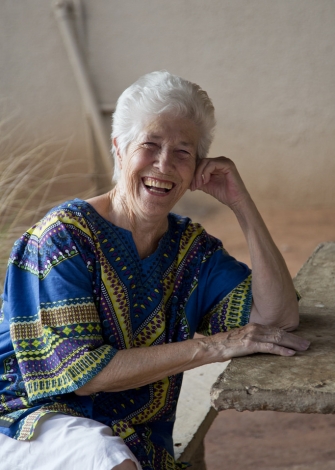
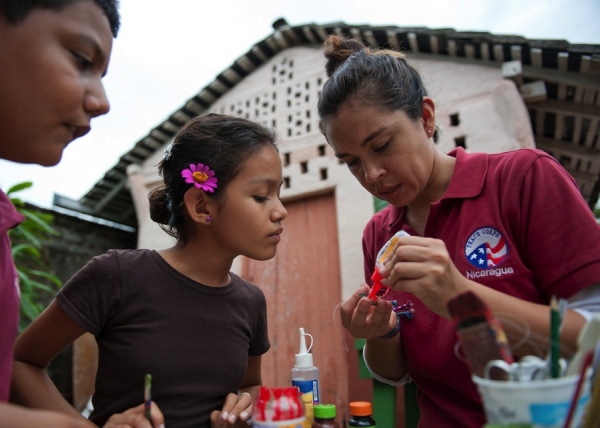
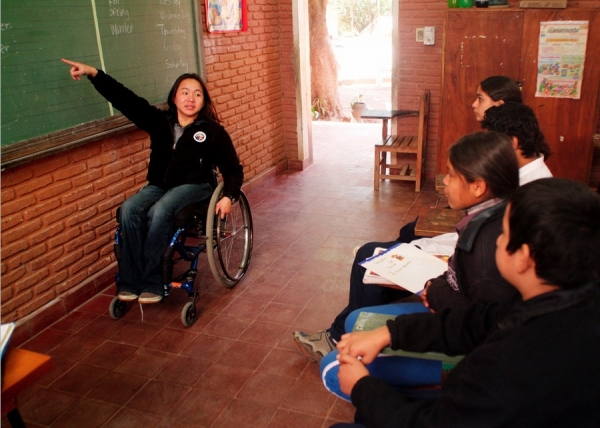
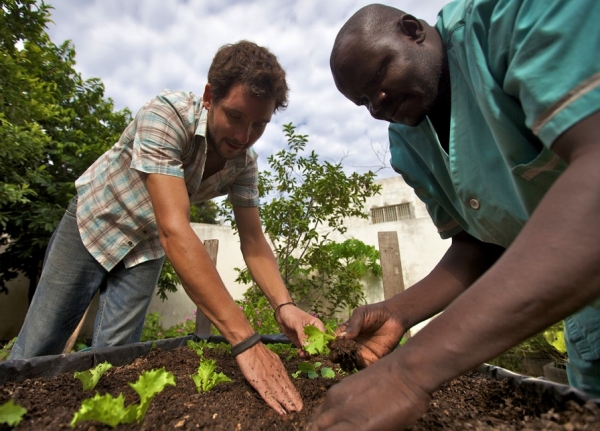
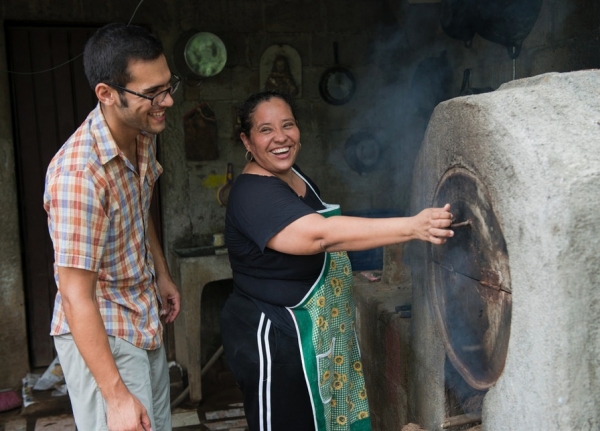
Be the first to comment on this post.